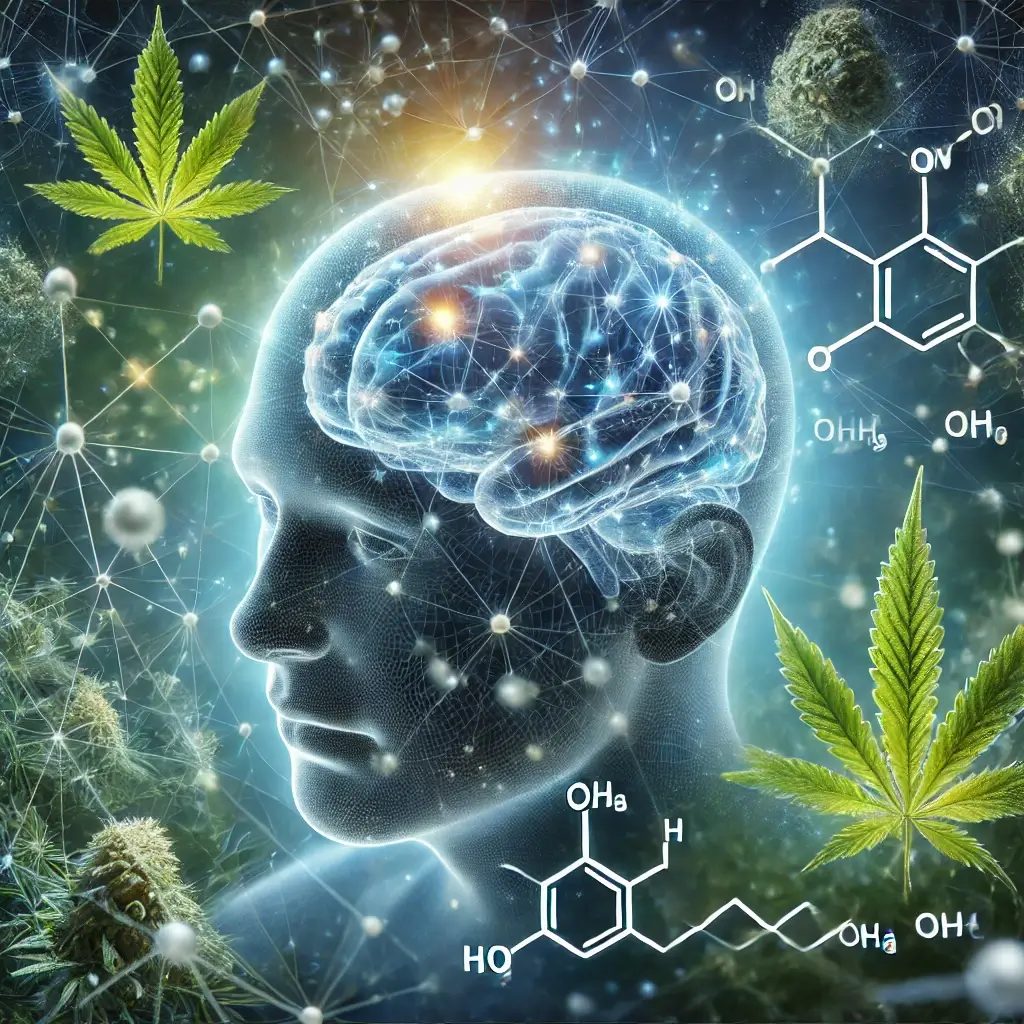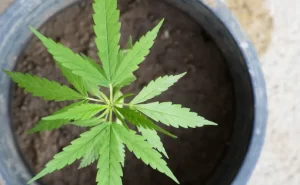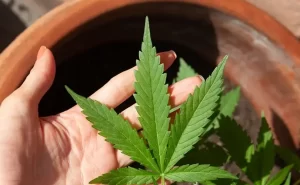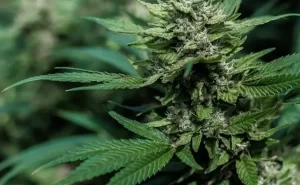Here’s Why Marijuana Makes You Hungry
Marijuana is known to increase your appetite by stimulating the release of the hormone ghrelin by inhibiting the action of pro-opiomelanocortin (POMC) neurons. Hence creates an increase in the sensation of hunger. In addition, THC increases levels of the hormone dopamine, which makes you feel more satisfied after eating.
THC Stimulates the Release of Ghrelin
A new study suggests that marijuana can increase ghrelin levels in the body. This hormone regulates appetite and insulin levels. It also boosts cardiovascular health. However, some people may want to reduce ghrelin levels. To do this, they should lower their fructose intake and exercise. They can also try to reduce stress levels.
The authors found that THC stimulates the release of ghrelin through the hypothalamus. In addition, the increase in ghrelin was correlated with a higher level of THC. However, this relationship was only significant when the cannabis was administered orally.
Cannabinoids Inhibit Pro-opiomelanocortin (POMC) Neurons
Endocannabinoids are produced and released from dendrites, the primary synaptic input site for many types of neurons, including POMC neurons. The orientation of dendrites is visible in neurons; dense nonlaminated nuclei may have prominent dendritic arbors.
Endocannabinoids regulate energy homeostasis and synaptic transmission onto POMC neurons. In this study, we identified two cannabinoids that inhibit pro-opiomelanocortin (POMC) neurons: testosterone and estradiol. Estradiol inhibits CB1 receptor signaling at glutamatergic pre-synaptic terminals, while testosterone has the opposite effect. These cannabinoids affect the excitability of anorexigenic neuronal populations in the ARC.
Cannabinoids Increase Feelings of Hunger
Cannabis is a powerful stimulant that increases the release of the hormone ghrelin. This hormone triggers the release of dopamine and increases the feeling of hunger. It also stimulates the hypothalamus, the part of the brain that controls our appetite. Research has shown that cannabinoids like THC increase feelings of hunger when using marijuana.
This increase in appetite has therapeutic benefits for some patients. For example, it positively affects the appetite of elderly patients, HIV patients, and cancer patients. In addition, one holistic cannabis practitioner reported that her father’s chronic pain subsided after using marijuana, while traditional pain medication caused constipation and fatigue.
Dopamine Levels Increase
Using marijuana to make yourself hungry can have a negative effect on your appetite. Cannabis alters the way the brain sends signals about hunger. The brain releases dopamine when it senses a hunger signal, causing you to eat more than usual. But, the effects of marijuana on appetite are temporary.
The chemical dopamine is a neurotransmitter that is linked to pleasure and motivation. The brain’s reward system triggers a pleasurable experience when dopamine levels rise. It also increases mental activity, libido, and energy. However, this effect can blunt your pleasure from other activities. As a result, heavy marijuana users and drug abusers may struggle to enjoy everyday activities.
Cannabinoids Inhibit Ghrelin
Cannabinoids are chemicals that affect the production of leptin and ghrelin. These hormones are produced by fat cells and are released when you are hungry. Higher levels of leptin mean you are likely to eat more food. The opposite is true, with leptin levels falling as you lose weight. The hypothalamus controls the secretion of both hormones, but many other factors affect this cycle.
The endocannabinoid system uses cannabinoids to regulate many bodily functions. For example, this system helps control appetite and emotions. It also helps regulate memory and pain sensitivity. It works by activating cannabinoid receptor type 1 in the hypothalamus.













